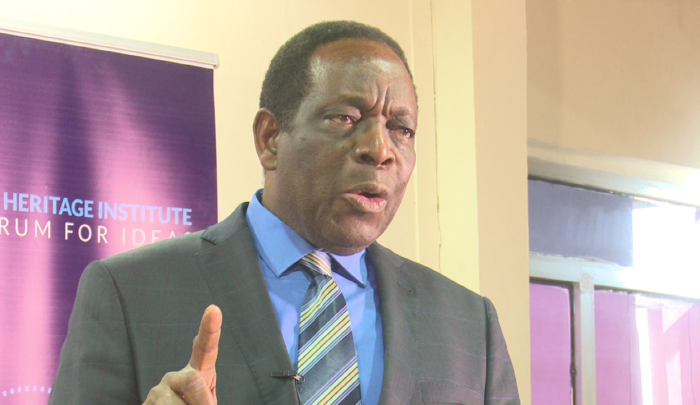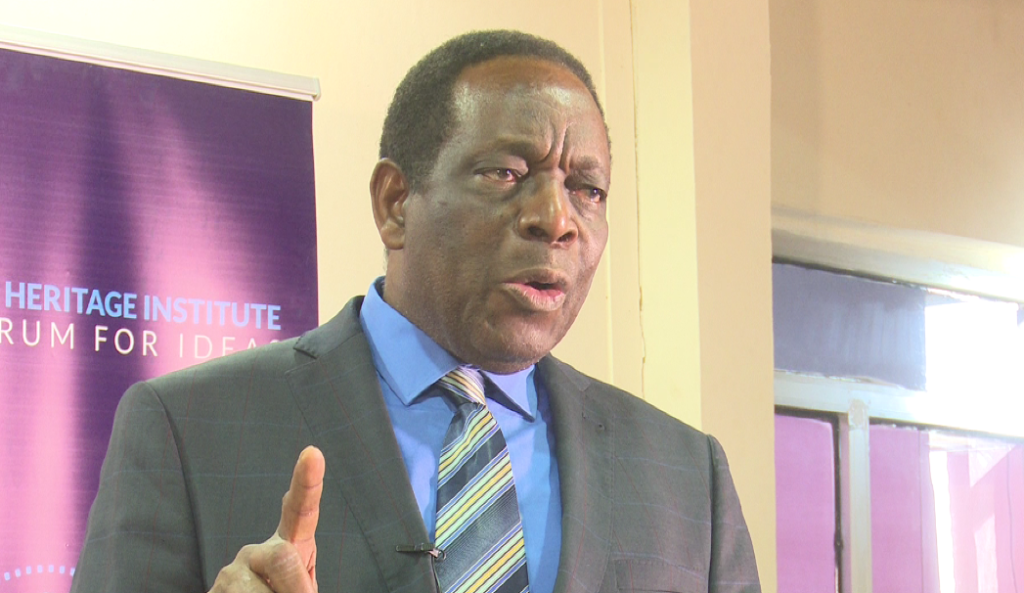Support to Somali security forces must be coordinated to pacify the country-Amisom head

If one partner is training Somalis, we need to know they are training to be deployed where, in which front and for which purpose.

By T. Roble
All actors involved in training and supporting the Somali security forces must collaborate and coordinate their efforts to win the war against terrorism and build strong unified Somali security forces, Amisom head Francisco Madeira has said.
Madeira told Goobjoog News the war against Al-Shabaab cannot be won if individual actors in the security sector conduct their own operations either in equipping or training the Somali forces. “We all have the same objective of seeing Somalia free of Al-Shabaab and terrorism. So it’s just proper that we coordinate our operations whether it is training, equipping of whether it is fighting,” said Madeira.
Responding to comments by the African Union Peace and Security Council last week reiterating the need to harmonise and coordinate training of Somali security forces, Madeira said there have been cases of lack of coordination but that all partners are now keen on working together.
“Clearly we can’t afford at the moment each one of us going his own way. If one partner is training Somalis, we need to know they are training to be deployed where, in which front and for which purpose,” said Madeira. “There’s no training for private purposes. And many partners have come to understand this.”
“We are now in the process of trying to implement this.”
All partners, the Amisom chief said, ‘have realized we can no longer afford moving, going it alone; we need to put our strength and forces together. Now we’re working on that, I hope we will succeed sooner rather than later.’
Several countries including the UAE, Turkey, US and the UK are involved in the training of various military and intelligences units in Somalia. Both Turkey and UAE operate training academies in the capital Mogadishu. Amisom also conducts capacity training for the national army and police.
The Peace and Security Council last week also ‘underscored the importance of a coherent and comprehensive approach towards the transition process in Somalia’. Regarding the exit of Amisom from Somalia, the Council said there was urgent need for capacity building for Somali administrative institutions to enable them effectively occupy the AMISOM liberated areas.
Speaking at the sidelines of a public forum organised by the think tap Heritage Institute for Policy Studies Thursday, Madeira also emphasised the need for active involvement of non security actors in recovery and stabilisation of new zones from Al-Shabaab. “When we come to a region, town or community, and the army liberates that community, the administrators organize the population, the humanitarians provide the first assistance, the civil affairs officials together with administrators provide quick impact projects, health services, build schools and the police polices the pace; keeps law and order and only this way we can hold the city and keep Al-Shabaab away,” said Madeira.
“If we continue to allow the military to be in front and others don’t come, we will not succeed. We have done this before and it has not worked. We liberate, nobody comes to hold and Al-Shabaab comes back. That is a major lesson we have learnt and we have learnt very well and we want to avoid.”